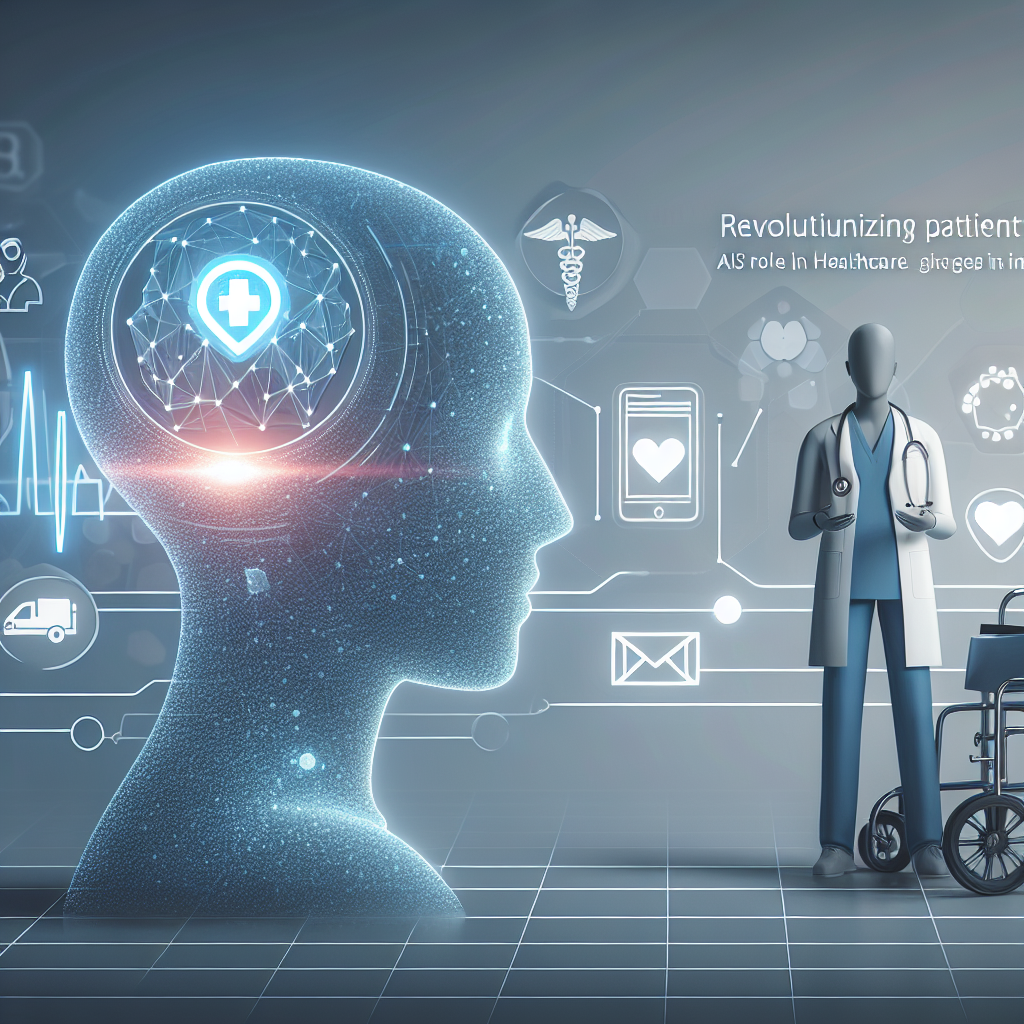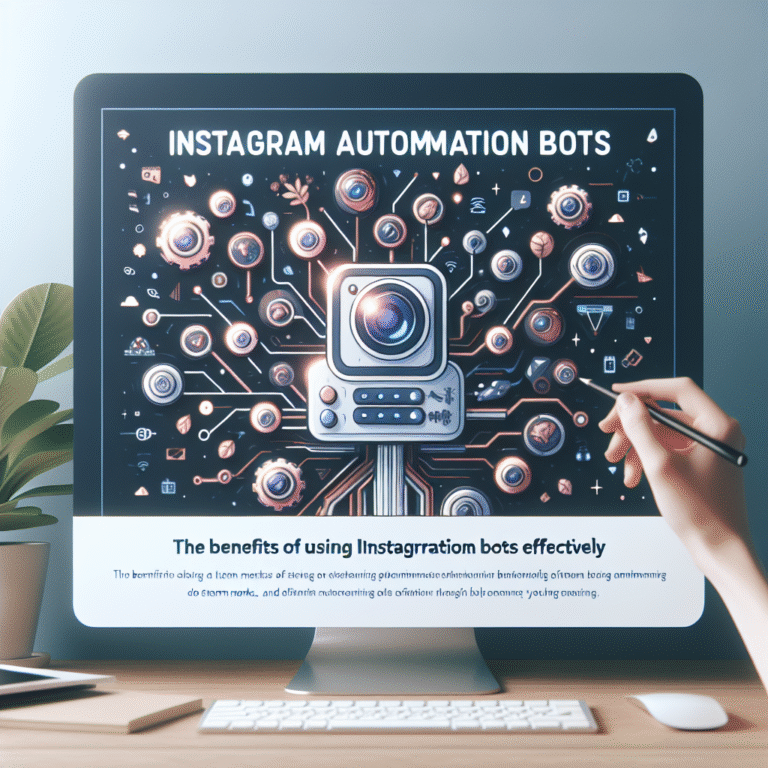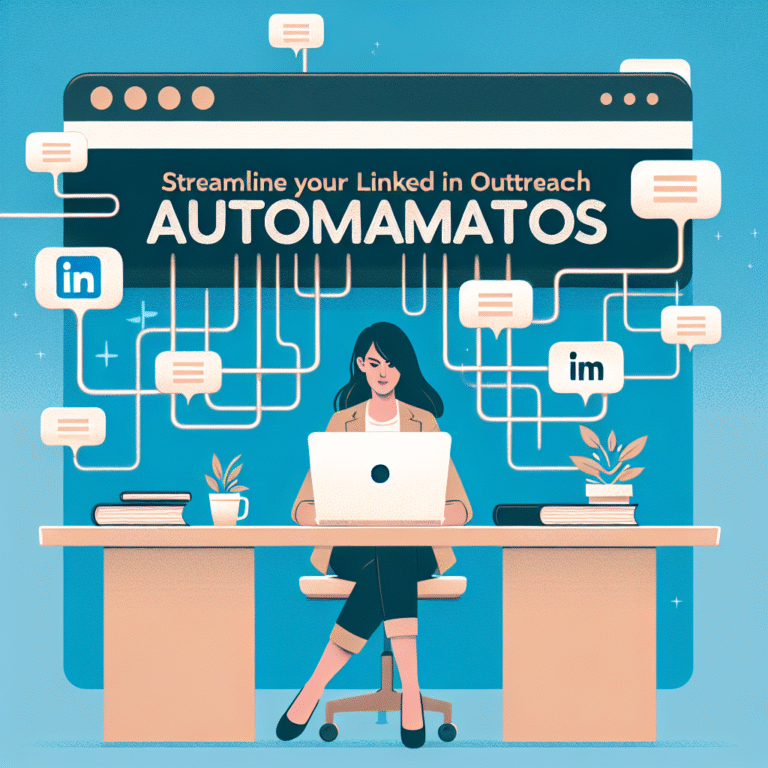Revolutionizing Patient Care: AI’s Role in Healthcare
Introduction
Artificial intelligence (AI) is at the forefront of a healthcare revolution, fundamentally transforming patient care through advanced technology. In 2025, the importance of AI advancements is expected to reach unprecedented heights, making healthcare more efficient, personalized, and accessible. As AI continues to evolve, it opens up new possibilities for improving the quality of care we can provide to patients.
Current State of AI in Healthcare
AI technologies are currently being applied in various aspects of healthcare. From diagnostics to patient management, AI is proving to be a vital tool in improving patient outcomes. The integration of AI in healthcare offers a glimpse into a future where technology and patient care coexist seamlessly.
Applications in Diagnostics
AI diagnostics, including machine learning in medicine, allow for quicker and more accurate interpretation of medical images, lab results, and patient data, leading to timely interventions. For example, AI algorithms can assist radiologists in identifying abnormalities in imaging studies, significantly reducing the time it takes to reach a diagnosis.
Role in Patient Management
AI patient care solutions streamline patient management, providing healthcare professionals with predictive analytics to tailor treatment plans based on individual patient data. By leveraging data, healthcare providers can anticipate patient needs, allowing for a more proactive approach to treatment.
AI Technologies Transforming Patient Care
Several AI technologies are driving innovation in patient care.
Machine Learning Algorithms
Machine learning algorithms analyze vast amounts of data to identify patterns and predict outcomes, significantly enhancing clinical decision-making. These algorithms are pivotal for improving the precision of treatments and ensuring that patients receive the most appropriate care based on their medical history.
Natural Language Processing
Natural language processing (NLP) enables healthcare systems to understand and interpret human language, improving documentation, patient interactions, and data retrieval. This technology is crucial for enhancing communication between patients and healthcare providers, as it allows for more intuitive interfaces and better record-keeping.
Benefits of AI in Healthcare
The integration of AI into healthcare offers numerous benefits, revolutionizing how patient care is delivered.
Improved Patient Outcomes
- Enhanced diagnosis accuracy
- Customized treatment plans
- Timely interventions
By providing accurate diagnostics and personalized treatment plans, AI significantly contributes to improved patient outcomes. For instance, predictive analytics can help identify patients at risk for complications, enabling early intervention and reducing hospital readmission rates.
Cost Reduction in Medical Processes
AI healthcare applications can lead to significant cost savings by automating routine tasks, reducing human error, and improving operational efficiency. This not only frees up healthcare professionals to focus on patient care but also reduces the overall expenditure in healthcare systems.
Challenges and Limitations
Despite the many advantages, there are challenges and limitations that must be addressed to fully leverage AI in healthcare.
Data Privacy Concerns
Data privacy in healthcare is paramount. As AI systems require access to large datasets, ensuring patient confidentiality and data security is critical. Organizations must implement robust security measures to protect sensitive information and comply with regulations.
Ethical Implications
AI ethics in medicine is a growing concern. Questions about accountability, bias, and decision-making transparency must be addressed to build trust in AI systems. It is essential to establish guidelines that safeguard patient rights while promoting innovation.
Future Trends in AI Healthcare (2025 and Beyond)
The future of AI in healthcare looks promising, with several emerging technologies and AI-driven innovations on the horizon.
Emerging Technologies
- Robotic surgery advancements
- Telemedicine innovations
- Healthcare automation
These advancements will not only enhance surgical precision but also expand access to healthcare services, especially in remote areas where traditional healthcare might be limited.
AI-Driven Innovations
As AI technology continues to evolve, we can expect a surge in virtual health assistants and personalized medicine AI, enhancing patient engagement and care delivery. Such innovations are likely to improve health literacy and empower patients to take charge of their own health.
Case Studies
Real-world applications of AI in healthcare are paving the way for a new standard in patient care.
Successful Implementations of AI in Hospitals
Hospitals that have integrated AI solutions report improvements in workflow efficiency, patient satisfaction, and overall healthcare quality. For instance, certain institutions have utilized AI for operational tasks such as scheduling and patient flow management, resulting in reduced wait times and better resource allocation.
Impact on Patient Care
AI’s role in patient care has been transformative, allowing for quicker responses to patient needs and better health outcomes. By improving the accuracy of clinical assessments and enabling more tailored treatments, AI is helping to create a more responsive healthcare environment.
FAQ
What is AI in healthcare?
AI in healthcare refers to the use of machine learning, natural language processing, and other technologies to improve patient care and clinical workflows. It encompasses a variety of applications aimed at enhancing the quality of healthcare delivery.
How does AI improve patient care?
AI enhances patient care by providing accurate diagnostics, personalized treatment plans, and efficient management of healthcare processes. As these systems become more sophisticated, they help clinicians make better-informed decisions.
What are the risks of using AI in healthcare?
Risks include data privacy concerns, potential biases in algorithms, and ethical implications surrounding decision-making processes. It is crucial for healthcare organizations to proactively address these issues to ensure safe and fair AI applications.
Will AI replace healthcare professionals?
AI is designed to augment healthcare professionals’ capabilities, not replace them. It enhances their ability to deliver quality care by providing tools for better analysis and decision-making.
How can AI assist in telemedicine?
AI can improve telemedicine by providing virtual health assistants, enabling remote monitoring, and offering real-time analytics to support healthcare decisions. This integration helps address the growing demand for remote healthcare solutions.
What is the future of AI in personalized medicine?
The future of AI in personalized medicine looks bright, with advancements aimed at tailoring treatments based on individual genetic profiles and health data. This personalized approach is expected to enhance treatment efficacy and minimize adverse effects.
How do we ensure ethical AI use in healthcare?
Ensuring ethical AI use involves establishing guidelines, transparency in algorithm development, and ongoing monitoring for biases and inaccuracies. Stakeholder engagement is essential to create a framework that promotes accountability and trust.




